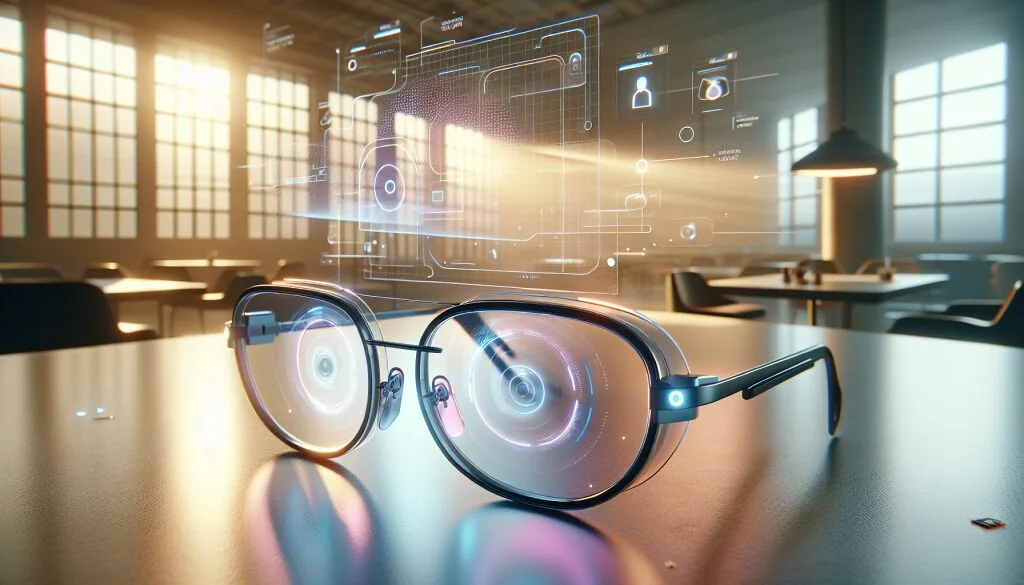Oppo, a leading Chinese smartphone manufacturer, showcased its innovative augmented reality (AR) glasses, the Oppo Air Glass 3, featuring a built-in voice assistant, at the Mobile World Congress in Barcelona. This prototype highlights Oppo’s commitment to integrating artificial intelligence (AI) into its product lineup, aiming to enhance user experiences by blending digital content with the real world.
Design and Functionality
The Oppo Air Glass 3 is designed to resemble a regular pair of glasses, with the goal of offering a wearable device that complements smartphones for everyday use. These AR glasses allow users to view digital overlays, such as messages or navigation maps, directly in their field of vision. To function, the glasses require connection to an Oppo smartphone and are controlled via touch sensors on the frame.
Advanced Voice Assistant Powered by AndesGPT
Equipped with Oppo’s proprietary large language model (LLM), AndesGPT, the Air Glass 3’s voice assistant can perform tasks ranging from information searches to travel planning. Currently exclusive to China, this feature represents Oppo’s stride towards creating more intelligent and interactive devices.
The Role of AI in Modern Electronics
With AI technology gaining immense popularity, electronics manufacturers are increasingly embedding AI features into their products. Oppo’s development of its own LLM places it among other tech giants, such as Alibaba and Baidu, emphasizing the trend of leveraging AI to deliver unique and enhanced user experiences.
AR and VR in the Electronics Industry
Despite the slow adoption of virtual reality (VR) and AR technologies, companies remain invested in exploring lightweight, fashionable glasses as the future of everyday wearable tech. Oppo’s focus on AR glasses for multiple years underscores its belief in the potential of glasses as an essential AI-driven accessory for smartphones.

